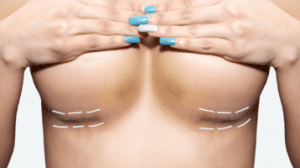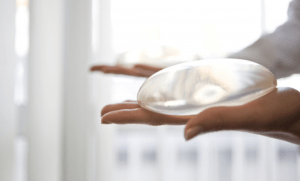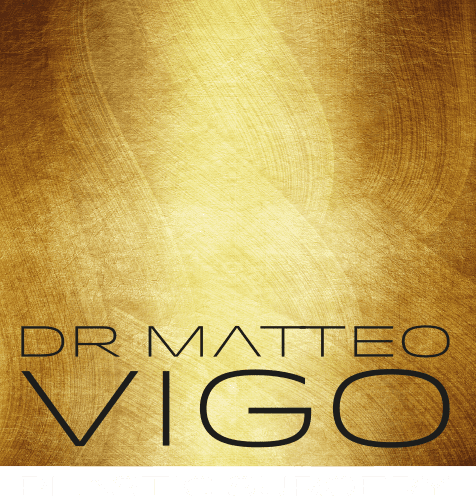Breast Enlargement Dubai
Breast Enlargement Dubai is the enlargement of the breasts. Many women regard their breasts as important to their sexual attractiveness. As a sign of femininity that is important to their sense of self. Surgical breast augmentation can be obtained with different techniques, such as with breast implants or fat transfer.
Breast augmentation/enhancement surgery is a procedure which increases or restores the size of breasts. Using fillers such as silicone gel implants, saline implants, and in some cases through fat transfer.
Enhancement surgery with silicone implant is well explained here: Breast Augmentation
Fat grafting for breast augmentation consists of two separate procedures done on the same day.
Breast Enlargement Dubai – The First Procedure – Removing Fat Tissue
1. You are administered the required dosage of local infiltration. Including loical anesthesia and adrenaline to reduce the bleeding..
2. The doctor then manually removes fat tissue from parts of your body. Where fat is not desired such as, thighs, belly, and buttocks through liposuction, which is minimally invasive.

The Second Procedure – Fat Tissue Is Injected into Breasts
1. The harvested fat tissue is processed; which involves separating unwanted components such as blood, oil, and water.
2. Following that, the doctor injects the fat tissue with the help of very fine needles into the areas of the breasts which need enhancement. The fat cells are injected into multiple areas and layers of the breasts to enhance the results of the fat transfer.
Fat transfer or grafting for breast augmentation/enhancement is an area in which extensive studies need to be conducted still.
Some side effects that have been observed are formation of oil cysts or calcification. These can occur if the injected fat cells do not survive in the breasts. This can happen as the breast tissue is very different from fat. For injected fat to survive in the breast tissue. The fat has to be very carefully and evenly distributed. When calcifications occur, they can be seen on mammograms, but an expert radiologist is able to do not let them interfere with breast cancer detection.
The injected fat cells may get reabsorbed by the body, which may result in the loss of breast volume over time. This is usually a long-term effect.
Other Risks
Other risks include:
• the general risks of anesthesia/sedation
• risks of infection
• bleeding
• achieving a lesser breast size than expected
More than one session may be needed in some cases to achieve the desired shape and size of the breast. After a fat transfer, there will be bruising, swelling, and some discomfort which may last a couple of days or up to two weeks. The recovery period will be from 2 weeks – 4 weeks. The approximate time of the surgery is 1-2 hours.
Dr. Matteo Vigo is a member of the International Society of Aesthetic Plastic Surgery (ISAPS) is the world’s leading professional body for board-certified aesthetic plastic surgeons.

Breast Enlargement Dubai
